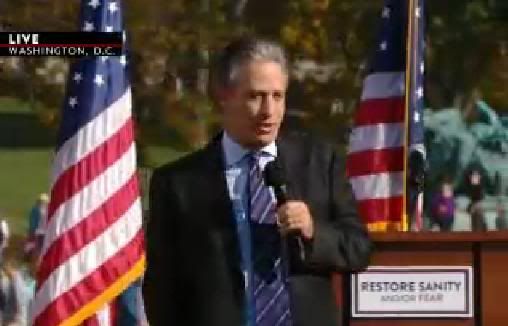I just recently acquainted myself with the fact that one of the big unsolved questions in mathematics today is whether the set of true statements is larger than the set of provable statements? ... not sure I even phrased that correctly.Lidless wrote: .. each of them contains, at any given time, more true statements than it can possibly prove according to its own defining set of rules.
I expect that someone will come up with the proof one way or the other, but I have to say that I have a queasy feeling when I read lemmas whose purpose is to eliminate infinity from the equation.
There was a mathematician some twenty years ago (forgot his name) who published a mathematical definition for the term 'large,' because in things like 'the law of large numbers' there really is a question of how large is large. This guy said he thought up the definition while standing in the shower ... and I suppose that other mathematicians ended up accepting his definition, but that little twinkle in the pit of my stomach never went away ... 'large compared to what?' I thought, and he did define what 'large' was being compared to, but did not define how 'large' that second thing was ...
Anyway ... getting back to Goedel ... I suppose his proof is important to mathematicians for certain things they want to do, but it always seemed to me just another way of saying that most proofs begins with an axiom. And I thought ... well, yeah, you've got to start somewhere ...
Jn


